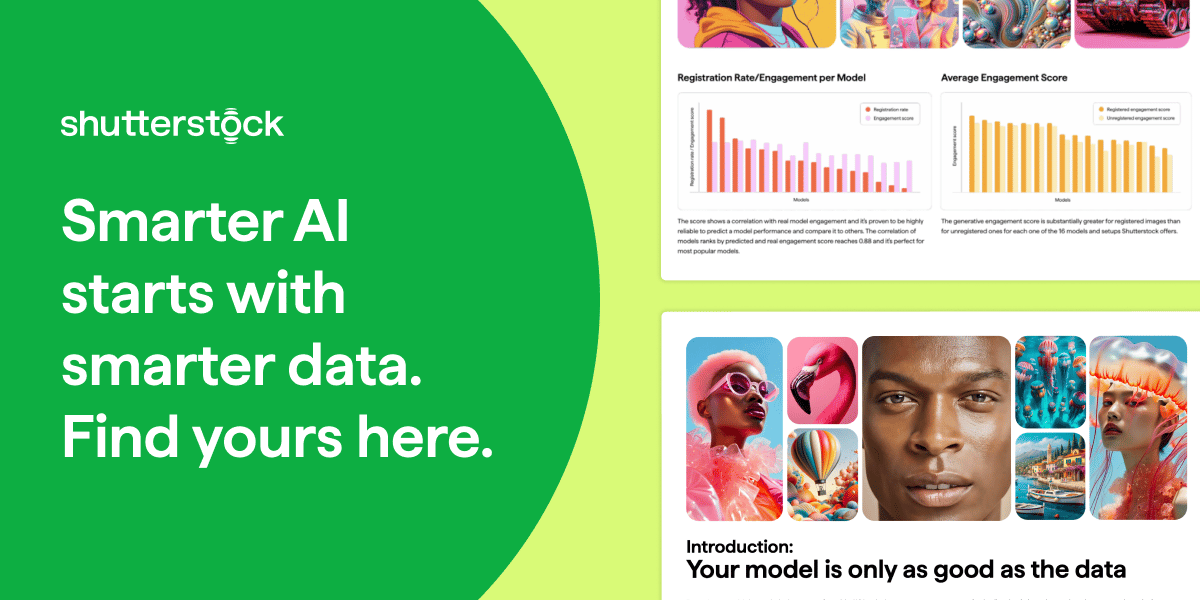- aiPromptly
- Posts
- Microsoft Finally Builds Its Own Brain
Microsoft Finally Builds Its Own Brain
Are We Watching Microsoft Outgrow OpenAI in Real Time?

Unlock over $3M+ in startup perks and discounts on the best products
RocketHub’s Startup Perks Program is designed to help founders save time and money by giving them access to 250+ curated SaaS deals, valued at over $3M. From marketing tools to CRMs, hosting, and more—we’ve negotiated exclusive offers on the platforms startups actually need. These perks are updated regularly, so you’ll always have access to the latest and most useful tools, without the headache of hunting down discounts yourself.

Microsoft just rolled out its first fully in-house AI models, MAI-Voice-1 and MAI-1-preview, marking a big step away from leaning solely on OpenAI. MAI-Voice-1 is a super-fast speech model that can pump out a full minute of audio in under a second and is already live in Copilot Daily, Podcasts, and Labs. MAI-1-preview is a text model trained on far fewer GPUs than its rivals, built for handling instructions and everyday queries, and it’s now being tested on LM Arena and through limited API access. While benchmarks aren’t out yet, CEO Mustafa Suleyman claims the model is on par with the best. For Microsoft, this move isn’t just about cool new tech—it’s about proving it can build its own AI muscle and stop being seen as OpenAI’s sidekick.
Elon Musk’s xAI is suing ex-engineer Xuechen Li, accusing him of swiping Grok’s trade secrets right before cashing out $7M in stock and jumping ship to OpenAI. Li allegedly downloaded sensitive files, tried to cover his tracks, and even admitted to it in a meeting, according to xAI. Since Li was one of the first 20 engineers shaping Grok, the company now wants to block him from working at OpenAI (or any rival) while also chasing damages. Beyond the legal drama, this highlights just how intense the AI talent wars have become—where engineers aren’t just switching jobs, they’re moving billions worth of IP with them.
Doctors in the UK just tested an AI-powered stethoscope that can spot major heart problems in seconds—and the results are wild. Across 200 clinics and over 12,000 patients, the device doubled detection rates for heart failure, caught atrial fibrillation 3.5x more often, and nearly doubled valve disease diagnoses compared to traditional methods. Unlike a regular stethoscope, this one listens deeper, picking up heartbeat patterns and blood flow changes humans can’t hear, while also running an ECG on the spot. The cloud-based AI then flags risks almost instantly, giving doctors a big head start on treatment. It’s a major upgrade to a tool that’s barely changed since 1816, proving old-school medicine can get a serious AI glow-up.
Meta just hit the reset button on its AI game, scrapping its AGI Foundations team and reshuffling everything under Alexandr Wang. The new setup splits into four groups—research, training, products, and infrastructure—with Wang holding the reins (and even Yann LeCun now reporting to him). A hiring freeze is also in place, meaning no new AI hires without Wang’s personal sign-off. There’s even a new “TBD Lab” for frontier AI experiments and “omni” models. After a wild summer of poaching talent, Meta’s clearly shifting gears from hiring spree to tightening control.
OpenAI says it’d totally be down to buy Google Chrome—if the courts ever force Google to sell it. The comment came during a major antitrust trial where the DOJ is trying to break up Google’s dominance in online search. Google’s not having it, insisting Chrome isn’t up for grabs and calling the lawsuit bogus. OpenAI previously tried partnering with Google (no luck), and now it’s riding with Microsoft and Bing. Meanwhile, Google’s flexing Gemini, and OpenAI might even be cooking up its own social network. The AI wars just keep getting juicier.
The new source for curated lifetime deals and content for entrepreneurs, by entrepreneurs.
Why pay a high monthly subscription fee when you can save money by getting lifetime deals on your essential SaaS tools? For example, look at these no-brainer deals:
1. Leadinary - The all-in-one tool to find and research local businesses for lead generation.
2. Taskera - Bring order to your project management chaos with Taskera.
3. Funded Startups List - Leads. In your inbox. Every single month. Become a Rocketeer today and never pay full price for software ever again!

Prompt: “Write the body copy for a promotional email campaign about GAP spring sale. Write in an upbeat and friendly tone.”

Training cutting edge AI? Unlock the data advantage today.
If you’re building or fine-tuning generative AI models, this guide is your shortcut to smarter AI model training. Learn how Shutterstock’s multimodal datasets—grounded in measurable user behavior—can help you reduce legal risk, boost creative diversity, and improve model reliability.
Inside, you’ll uncover why scraped data and aesthetic proxies often fall short—and how to use clustering methods and semantic evaluation to refine your dataset and your outputs. Designed for AI leaders, product teams, and ML engineers, this guide walks through how to identify refinement-worthy data, align with generative preferences, and validate progress with confidence.
Whether you're optimizing alignment, output quality, or time-to-value, this playbook gives you a data advantage. Download the guide and train your models with data built for performance.

Simplify your work with these fun and effective AI tools.
Sublime - Now lets you vibe search your X bookmarks.
Wonder - A design tool on an infinite canvas.
Line by Cartesia - The modern voice agent development platform.
Unsloth - Finetune LLMs 2x faster, 80% less memory.
Paradigm - AI-native spreadsheet where each cell has its own agent.
That’s it. See you on the next open. And do me a favor and move this email to your “Primary” inbox - trust me, it’ll be worth it.
- Charlie “Your AI Assistant” Patel



